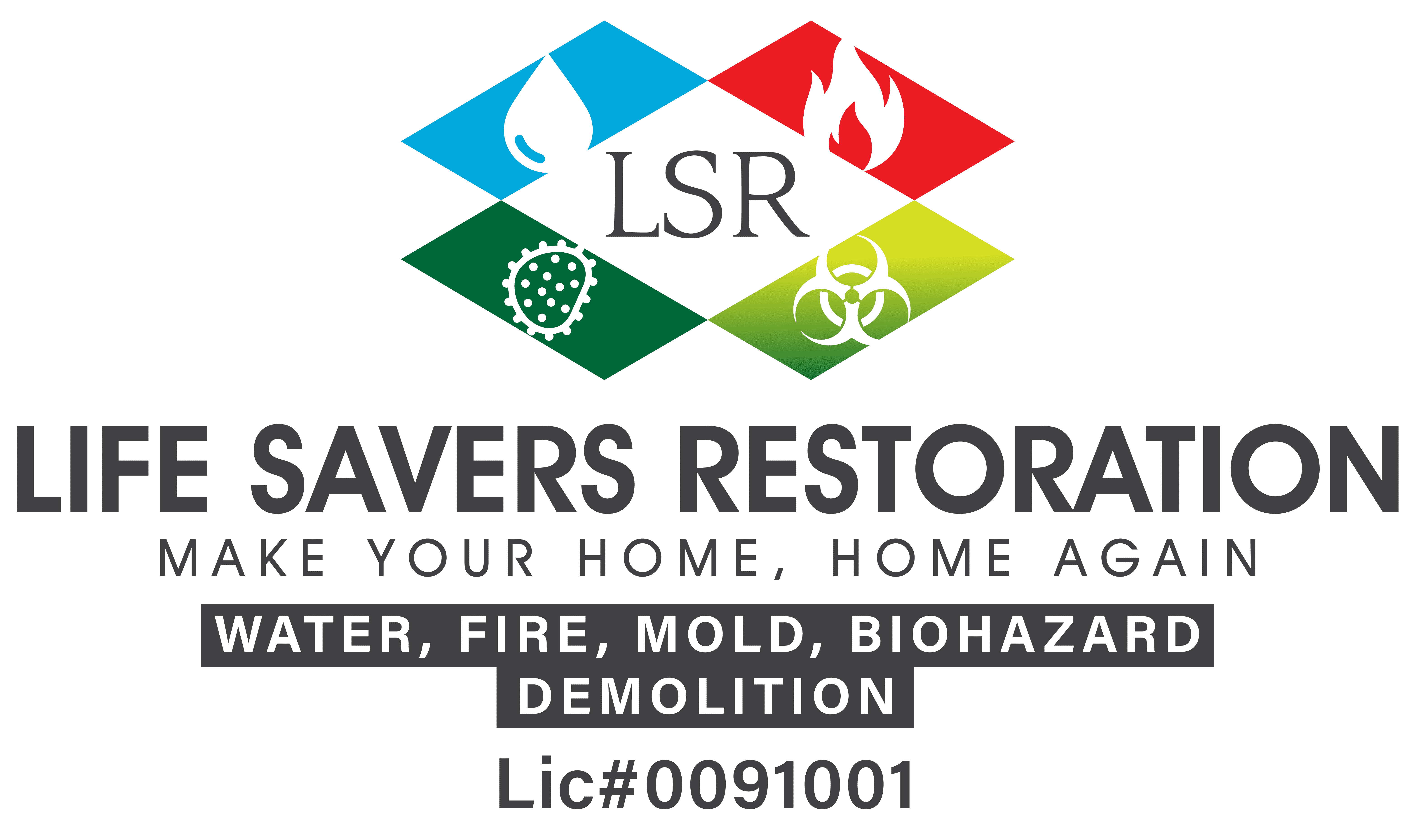Water damage can be a huge inconvenience on a home. From burst pipes to leaks, floods, and even excessive humidity, the sources of water damage are diverse. However, by taking proactive measures, homeowners can significantly reduce the risk of water-related disasters. In this comprehensive guide, we'll delve into effective strategies to prevent water damage, ensuring the safety, comfort, and longevity of your home.
Regularly Inspect and Maintain Your Roof
A well-maintained roof acts as your home's first line of defense against water infiltration. Regularly inspect your roof for damaged shingles, loose tiles, or deteriorated flashing. Promptly address any issues you discover to prevent leaks during rainstorms.
Maintain Gutters and Downspouts
Clogged gutters and downspouts can lead to water overflowing and seeping into your home's foundation or siding. Regularly clean and clear these components, especially before the rainy season, to ensure proper drainage and prevent water damage.
Check Seals and Caulking
Inspect seals and caulking around doors, windows, and other openings. Over time, these seals can deteriorate, allowing water to seep indoors. Reapply caulk and replace weather stripping as needed to maintain a watertight barrier.
Monitor Plumbing Systems
Plumbing issues are a common cause of water damage. Regularly check for leaks, drips, or signs of water damage around pipes, faucets, and appliances. If you spot any issues, address them promptly to prevent larger problems down the line.
Install a Sump Pump
If your home is susceptible to flooding or excess groundwater, consider installing a sump pump in the basement or crawl space. A sump pump helps prevent water accumulation, reducing the risk of flooding and subsequent water damage.
Maintain Appliances
Household appliances like washing machines, dishwashers, and water heaters can be sources of water damage if not properly maintained. Regularly inspect these appliances for leaks, cracked hoses, or faulty connections. Replace any damaged components promptly.
Install Proper Ventilation
Excess humidity can lead to mold growth and water damage in various parts of your home. Install exhaust fans in bathrooms, kitchens, and other high-moisture areas to prevent condensation and maintain a dry environment.
Check Your Foundation
A cracked or compromised foundation can allow water to seep into your home. Regularly inspect your foundation for cracks, shifts, or signs of water infiltration.
Consider Waterproofing
For basements or crawl spaces prone to moisture, consider investing in waterproofing measures. This may include applying a waterproofing sealant to the walls or installing a vapor barrier to prevent moisture penetration.
Preventing water damage requires a combination of vigilance, regular maintenance, and proactive measures. By following the tips outlined in this guide, you can significantly reduce the risk of water-related disasters and protect the structural integrity of your home. Remember, prevention is key, and the effort you invest now can save you from costly repairs and stress in the future. By keeping your home well-maintained and moisture-free, you'll ensure a safe, comfortable, and resilient living environment for years to come.
If you do experience water damage, it's important to contact a professional water damage restoration company like Life Savers Restoration immediately to prevent further damage.

